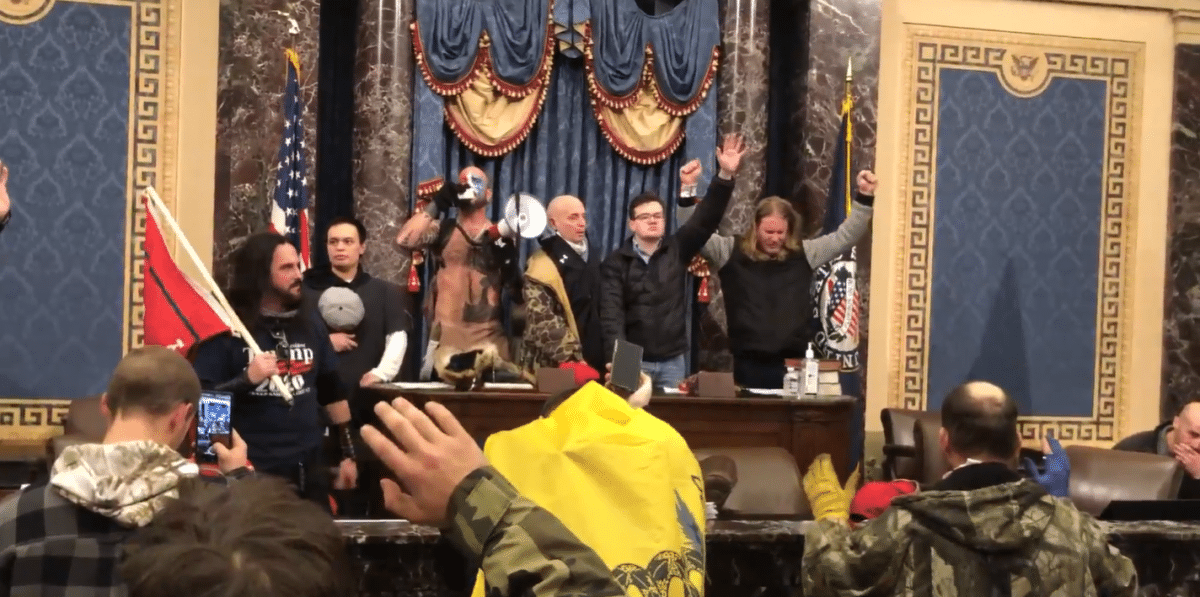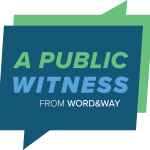
“The intent of the Cobb GOP January 6th Candlelight Prayer Vigil is to acknowledge Americans who lost their lives and to pray for those who have been denied justice.” That statement sounds innocuous enough. Is there any harm in praying for justice?
As it turns out, yes. Very emphatically, yes.
The actual purpose of the prayer vigil, the group explained, was to lift up the supposed “miscarriage of justice” being perpetrated by the government against those arrested for crimes related to their participation in the U.S. Capitol insurrection. In our Orwellian times, these rioters are labeled by their supporters as “J6 Patriots.” One state lawmaker referred to the event as a “homage to treason.” Amid the criticism, the group last night canceled the planned prayer vigil.
We suspect the petitions in Georgia would have been quite different from those that will be lifted up in Washington, D.C., this evening. The plans announced by House Speaker Nancy Pelosi to commemorate the attack on American democracy a year ago include an official “prayerful vigil.” That sounds nice enough. But what if this government ceremony also undermines our democratic ideals?
We’re not conflating the substance of the two vigils. The event in Georgia would have egregiously sacrificed truth on the altar of political tribalism. What we find interesting is that on a day of such historic significance, with the existential threat to democracy still lingering, turning to prayer is a common theme in the struggle to define and commemorate what occurred a year ago today. But what if this response misses the point of a violent day that was itself full of prayer?
 In this edition of A Public Witness, we open our eyes to consider the prayers uttered in the U.S. Capitol a year ago by both those seeking to bring the government down and by representatives of the government. Then as a benediction, we consider the danger of official government prayers that both undermine the democracy they are intended to sanctify and also distort our sacred faith.
In this edition of A Public Witness, we open our eyes to consider the prayers uttered in the U.S. Capitol a year ago by both those seeking to bring the government down and by representatives of the government. Then as a benediction, we consider the danger of official government prayers that both undermine the democracy they are intended to sanctify and also distort our sacred faith.
NOTE: The rest of this piece is only available to paid subscribers of the Word&Way e-newsletter A Public Witness. Subscribe today to read this essay and all previous issues, and receive future ones in your inbox.






